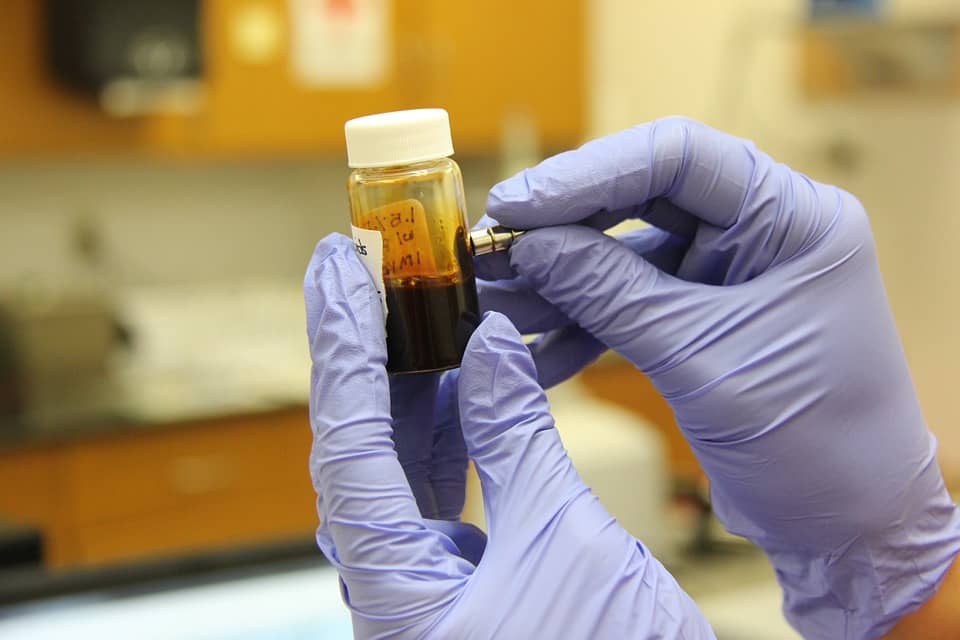According to a story from XTalks, pulling off a clinical trial testing a new drug in a scientifically rigorous manner is no simple feat. It requires the triangulation of a diverse array of factors. Among these factors are centering the needs of caregivers and patients. This is especially important for rare disease trials and also more difficult. Rare disease patients are often few in number, meaning that trials are smaller. They also tend to have more specific needs.
Centricity in Trial Design
The task of centering patients and caregivers should begin as soon as the design of the trial starts to develop. Reaching out to rare patient advocacy groups and non-profit organizations is an essential first step, as they can provide valuable input in determining how the trial can best suit the needs of the patients. In addition, they can also aid in recruiting patients for the trial. Patient groups are also usually connected with caregivers that can offer input on the desired effects of a new therapy.
Educational Materials
An important aspect of working with patient advocacy groups is providing clear and concise educational materials about the trial that can then be given to potential trial participants. Patients should be able to easily look up info for the trial online, primarily through advocacy organizations. Working in the digital space can be valuable as well, such as developing relevant social media profiles, apps, and patient handbooks. These can be useful for monitoring the progress of the study and get feed back.
Recruitment and Retentions
Recruiting and retaining patients through the duration of the trial is key for a successful trials. This means offering selection criteria that can be open to as many patients as possible while retaining scientific integrity. In addition, measures should be taken to ensure that patients participate until the trial is completed. Retention measures can include digital services, maintaining strong partnerships with patient groups and trial sites, strategic site and patient tools, and transparency the progress and duration of the study.
Clinical trials continue to be a critical step to developing effective therapies for rare diseases, but they don’t mean much if the needs of caregivers and patients aren’t put front and center.






